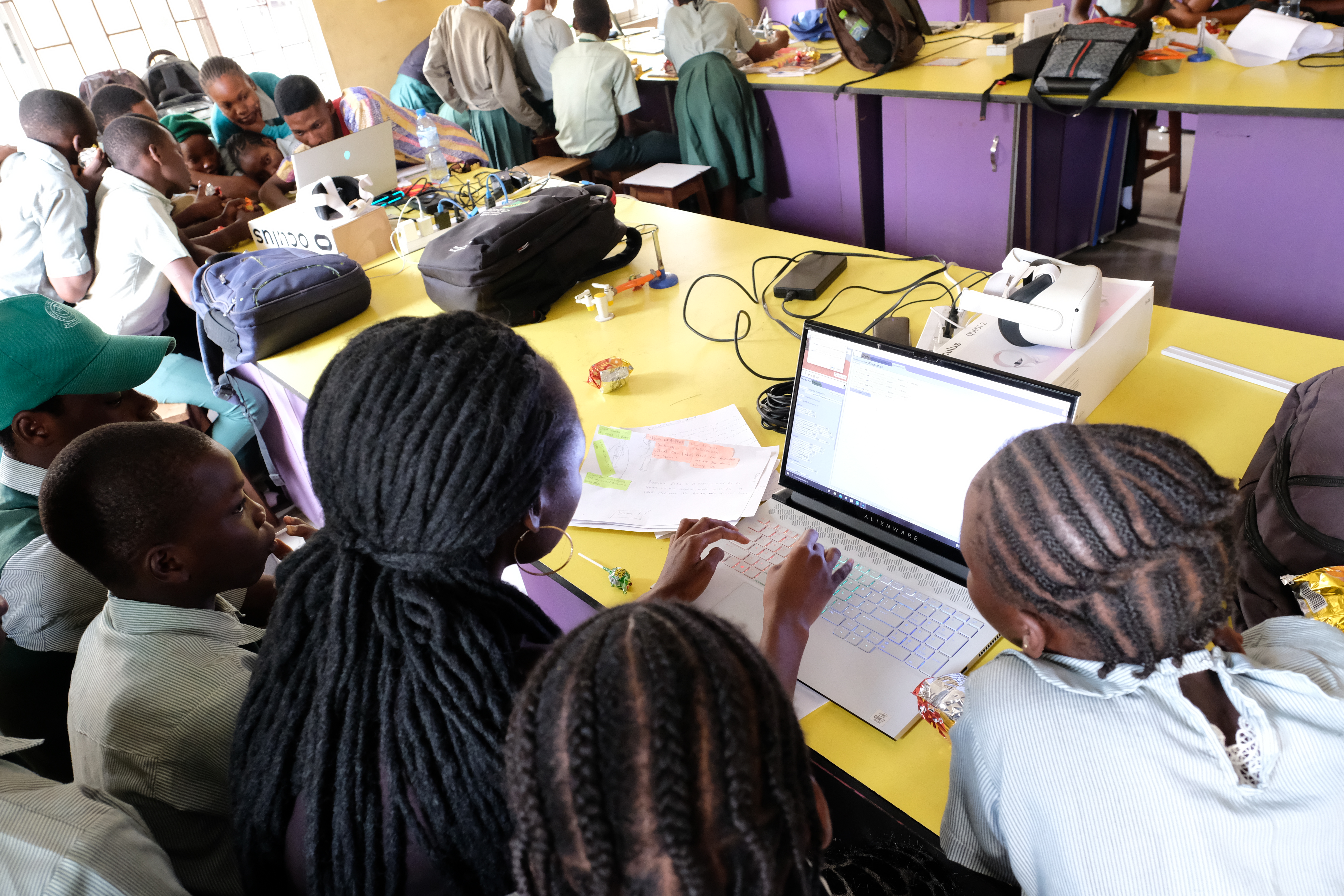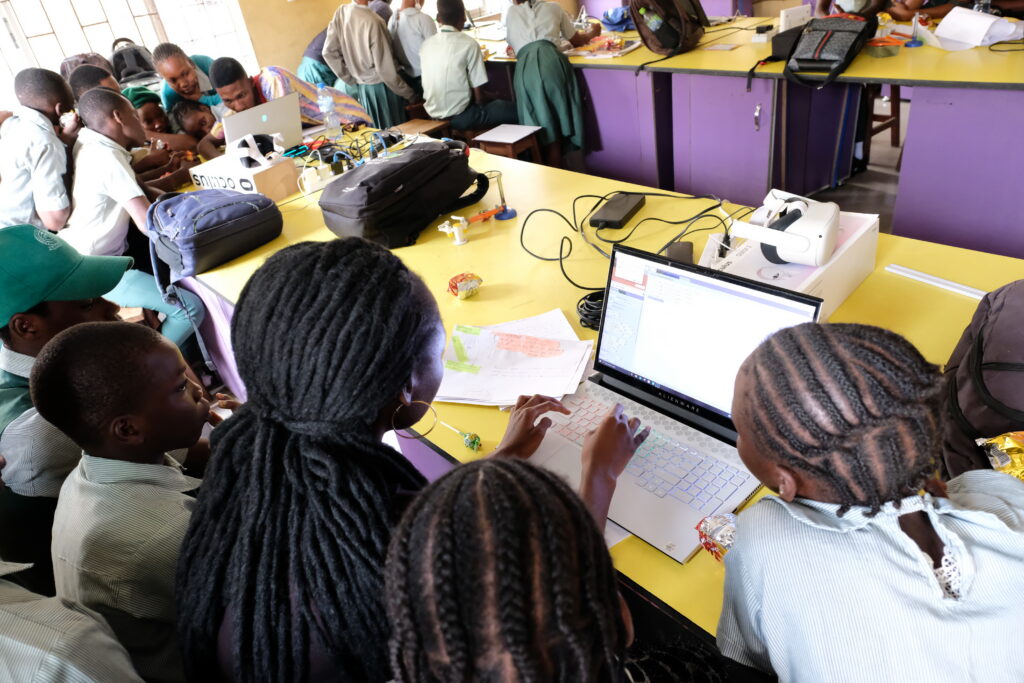
Pioneering Virtual Reality Research in Africa
Virtual Reality allows you to do expensive things cheaply and dangerous things safely

About VHCI Lab
The Virtual Human Computer Interaction (VHCI) Lab is an immersive reality research lab at the Lagos Business School, Nigeria. We do research at the intersection of psychology and technology, exploring how immersive technologies can foster empathy, compassion, and human flourishing across diverse Nigerian society.
As Africa’s first major VR empathy research lab, we’re pioneering the use of virtual reality for character development, mental health interventions, and social impact.
Our Research Impact
- 10+ Years of Research
- $234,000 TWCF Grant Funding
- 4 Active Research Projects
- 20+ Team Members & Alumni
- 3 International Partnerships

Featured Research Projects
Teaching Empathy & Compassion (TWCF Grant)
Funding: $234,000 | Partner: Templeton World Charity Foundation
Using VR games to teach Nigerian children empathy and compassion skills, fostering character development and social cohesion.

Identity & Ethnic Discrimination (Meta Partnership)
Partner: Meta (Facebook)
Cross-cultural study across Nigeria and Kenya exploring how VR perspective-taking can reduce ethnic discrimination and promote unity.
Mental Health & Business Outcomes (J-PAL)
Partner: Abdul Latif Jameel Poverty Action Lab
Investigating how VR-based mental health interventions impact wellbeing and business performance in Nigerian entrepreneurs.

Our Research Focus
- Empathy & Compassion: Using immersive VR to build empathy across ethnic and social divides in Nigeria.
- Character Development: VR games designed to strengthen character virtues in youth and adults.
- Mental Health & Wellbeing: Exploring VR interventions for stress reduction, mindfulness, and psychological resilience.
- Education & Learning: Immersive learning experiences for schools and universities.
- Work-Life Balance: VR applications for workplace wellness and productivity.
- Identity & Discrimination: Understanding and reducing prejudice through virtual perspective-taking.
